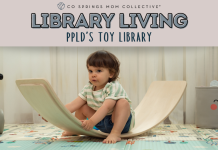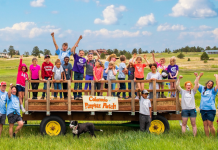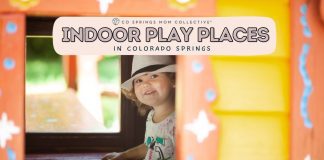Busyness and self-sufficiency are the hallmarks of our society now. Gone are the days where we enjoyed family time around the television, long drives to nowhere, slow strolls through the neighborhood, or ice tea on the porch with a friend. We are constantly moving. Constantly going, scrolling, replying. We take on far more than we should, and we grimace at the notion that we need to stop. In fact, we wear the “can do” badge with pride and we expect to be appropriately lauded for all we do. We are increasingly distracted, woefully tired, über irritable, and quite disconnected from deep relationships.
Rest
Rest is interwoven into most non-Western cultures and religious teachings. Growing up in West Africa, I became accustomed to the imposed daily siesta, a collective pause in the day when students retired to their dorms to sleep and rejuvenate before returning to classes and studies. In Judeo-Christian teaching, there is the Sabbath rest, a pause gifted for people to complement work done.
Help
Help is also something that most cultures see as an inevitable part of community life. In a community, people share in each other’s joys and sorrows and hold each other up when needs arise. This ensures the strength of the people and invariably the community. There is no shame in asking for and receiving help. And the giver celebrates the opportunity to bear the burden of another.
The concepts of rest and help are largely lost in “modern” societies. Rest can oftentimes be perceived as laziness. Asking for help is seen as a flaw. So, we carry on with a stiff upper lip and tired bones. Where do we go from here? I ask this question for myself, not a friend.
For me, I am making allowances for rest. I am an early bird by nature, and I can keep going until I am running only on fumes. It has taken a toll on my health and my peace. Now, when I can, I give myself permission to sleep in at least an hour past my regular wake up time. My body and mind need it. I also encourage my children to take rest breaks, where there is very little activity happening – soft music, no chatter, intentional slowing-down time. Their little bodies and minds need it. My weekends, which used to be jam-packed with errands and activities I put off from the week, have become times for me to simply do nothing.
NOTHING?!
Yes, and I often fight off shame and inner self-scolding to give myself permission to just do nothing. After all, there is a difference between idleness and resting.
I’m also humbling myself and taking the courageous steps to ask for and accept help. I have long prided myself in being able to shoulder life all alone. I was determined to be as self-sufficient as possible. But as a single parent, there is just no way that I can do life without the help of others.
I am blessed to have a beautiful family and wonderful friends who are eager to help where possible. It is just not easy for me to seek help. I never want to be a burden to anyone. But, when I do ask for their help, they overwhelm me with love, encouragement, and care. I am made better for it, and so are they for being given the space to be there for someone they love. Through it all, I am reminded that I am part of a community. I am not an island to myself.
Self-care is a term we use frequently nowadays. And that is a good thing. Self-care involves rest. Self-care includes accepting help from others. Fellow moms, we will do much better the more we incorporate rest and receiving help into our mothering and our living. Here’s to a more restful and supported generation of people.














